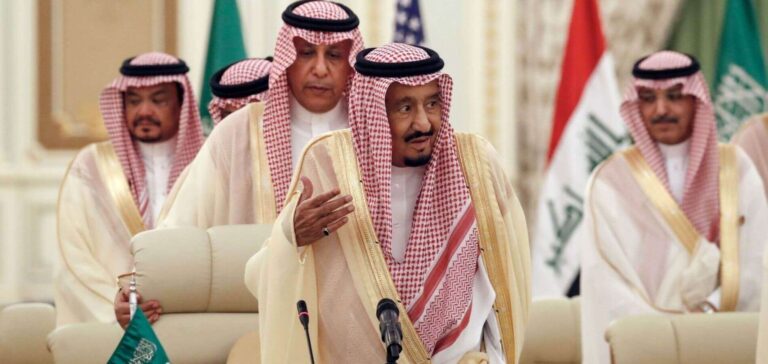Saudi Arabia’s King Salmane bin Abdelaziz Al Saud declares theOPEC+ production agreement “essential” to oil market stability.
Oil market stability is essential
In his annual address to the Shura Consultative Council (Parliament), the King of Saudi Arabia reiterated the intertwined nature of the Kingdom’s political stability and that of the oil markets.
In particular, he stressed the need to respect the OPEC+ agreement in order to maintain this stability.
Al Saoud notes the efforts made by the Kingdom, the world’s leading oil exporter.
Its capacity to reserve and supply the market is essential to contain price volatility in these times of pandemic.
OPEC+ members will meet on January 4, 2022 to define the future policy of the group.
Depending on the outlook, production quotas could be maintained as they are or increased.






















